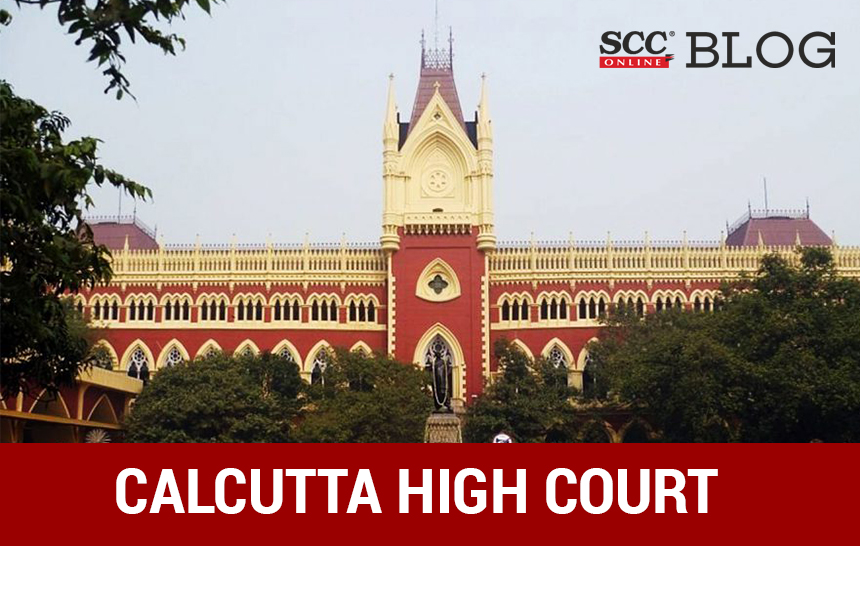Calcutta High Court | A Division Bench comprising of Prakash Shrivastava*, CJ. and Rajarshi Bharadwaj, J., held that that unless a “nexus” is proved between the seller and purchaser, the onus of which lies upon the appellant (as per the West Bengal Electricity Rules and Code), the appellant cannot claim past dues from the new owner of the premises and refusal to pay such amount cannot be a ground to deny “new connection”.
In the instant matter the respondent/writ petitioner preferred a writ petition being aggrieved by the actions of the appellants i.e. denying giving supply of electricity to the premises of the respondent due to “payment clearance” with respect to the previous connection on the premises. The Single Judge Bench of this Court vide order dated 07-06-2022 allowed the writ petition and directed the appellants to give a new electricity connection to the respondent without insisting upon payment of outstanding dues, if any, of the previous owner. Aggrieved by the impugned order, the appellant preferred an appeal before this Court challenging the same.
Relying on the sale deeds which were executed by the erstwhile co-owners in favour of the respondent and Regn. 13.9 of the West Bengal Electricity Regulatory Commission (Standards of Performance of Licensees Relating to Consumer Services) Regulations, 2010, the appellants contended that the Single Judge has committed an error in holding that there was no nexus between the respondent and the erstwhile purchaser.
The respondent contended that the onus to prove nexus lies upon the appellant and they were not able to prove it, moreover, there is no nexus between the respondent and the erstwhile purchaser as they have no common directors or shareholders. Relying on S. 56(2) of the Electricity Act, 2003, the respondent contended that the demand raised by the appellant was barred by limitation because if the amount is not recoverable in law, then a condition to pay the said amount cannot be imposed on the purchaser.
The Court observed that Regn. 13.9 of the West Bengal Electricity Regulatory Commission (Standards of Performance of Licensees Relating to Consumer Services) Regulations, 2010 requires the applicant to pay the outstanding dues of the previous consumer of the property if its nexus with the previous consumer is established, but in the present case on minute scrutiny of the said sale deeds, the Court did not find any nexus between the two.
Relying on S. 56(2) of the Electricity Act, 2003 and New Delhi Municipal Committee v. Kalu Ram, (1976) 3 SCC 407, the Court observed that no sum due will be recoverable from any consumer after a period of two years from the date when such sum first became due unless such sum was shown continuously recoverable as arrears of charges of electricity supply.
While upholding the impugned order passed by the Single bench of this Court, the Court held that the appellant has failed to establish the “nexus” between the seller and purchaser by producing the requisite material as required by Regn. 13.9 of the West Bengal Electricity Regulatory Commission (Standards of Performance of Licensees Relating to Consumer Services) Regulations, 2010.
[W.B. State Electricity Distribution Co. Ltd. v. Transmission & Distribution (India) Ltd., 2023 SCC OnLine Cal 667, decided on 20-03-2023]
*Judgment by Chief Justice Prakash Shrivastava
Justice Prakash Shrivastava, Chief Justice of Calcutta High Court, retires
Advocates who appeared in this case:
Mr. Sumit Kr. Panja and Mr. Sumit Ray, Counsel for the Appellants;
Mr. Debnath Ghosh, Ms. Ardeeka Pandey, Mr. Arkodeb Sinha, Mr. Biswajit Konar and Mr. Arijit Mahinder, Counsel for the Respondent.







